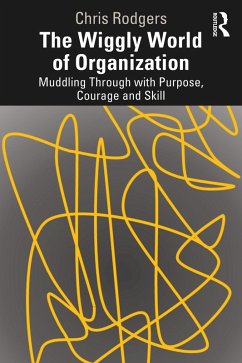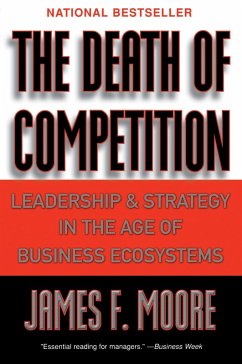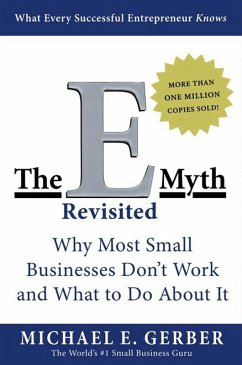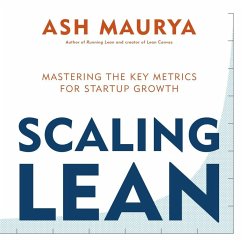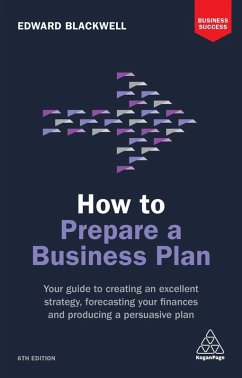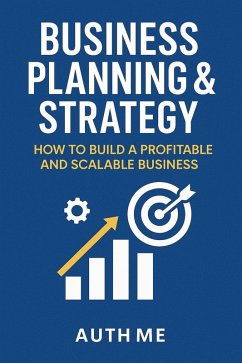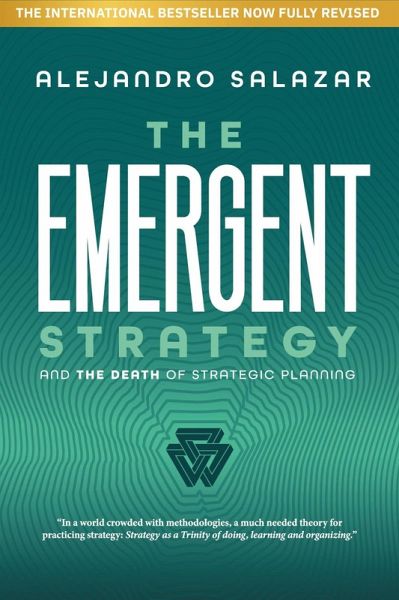
The Emergent Strategy: And The Death Of Strategic Planning (eBook, ePUB)

PAYBACK Punkte
0 °P sammeln!
'Emergent Strategy' will surely help those in charge of taking control of their destiny. In the book, you will find eight fundamental principles for any powerful strategy exercise, which the author has tested after almost 30 years of practice in multinational companies. As they say in the military, the plan ends with the first shot, and indeed, the theory of emergent strategy teaches us to abandon the false concept that strategy is separate from implementation, and that thus there are those who plan while others execute. On the contrary, strategy is what you do, which fundamentally is a choice...
'Emergent Strategy' will surely help those in charge of taking control of their destiny. In the book, you will find eight fundamental principles for any powerful strategy exercise, which the author has tested after almost 30 years of practice in multinational companies. As they say in the military, the plan ends with the first shot, and indeed, the theory of emergent strategy teaches us to abandon the false concept that strategy is separate from implementation, and that thus there are those who plan while others execute. On the contrary, strategy is what you do, which fundamentally is a choice of where and how to play; a choice, as Porter pointed out in his famous essay 'What Is Strategy?' from 1996. Salazar takes the lead and proposes strategy as a concurrent practice defined by the following trinity: Strategy is what you do Strategy is Organization Strategy is Theory of Business These three things exist at the same time or none exists, as simple as that. It's not that ideally it should be this way, as planning suggests, and then see if it's achieved. Strategy is defined without the need for judgment from the one who exercises it, regardless of whether it is practiced voluntarily or not. We are all organized to do something based on something we believe. We may not be aware or may not be accurate about it, but in any case, the three dimensions - action, theory, and organization - always exist. The role of strategists is then to reframe those unstructured problems that their organization faces daily so that the three dimensions cease to be tacit: understanding their business theory, what they do, and how they are organized for it. By discovering these emergent results, companies can strive to adjust their strategy based on what they are and on their advantage, discarding what does not generate value. It is a concurrent learning cycle that starts from where gains are made instead of just aspiring to them and doing it sequentially, as is intended in planning.
Dieser Download kann aus rechtlichen Gründen nur mit Rechnungsadresse in A, B, CY, CZ, D, DK, EW, E, FIN, F, GR, H, IRL, I, LT, L, LR, M, NL, PL, P, R, S, SLO, SK ausgeliefert werden.




